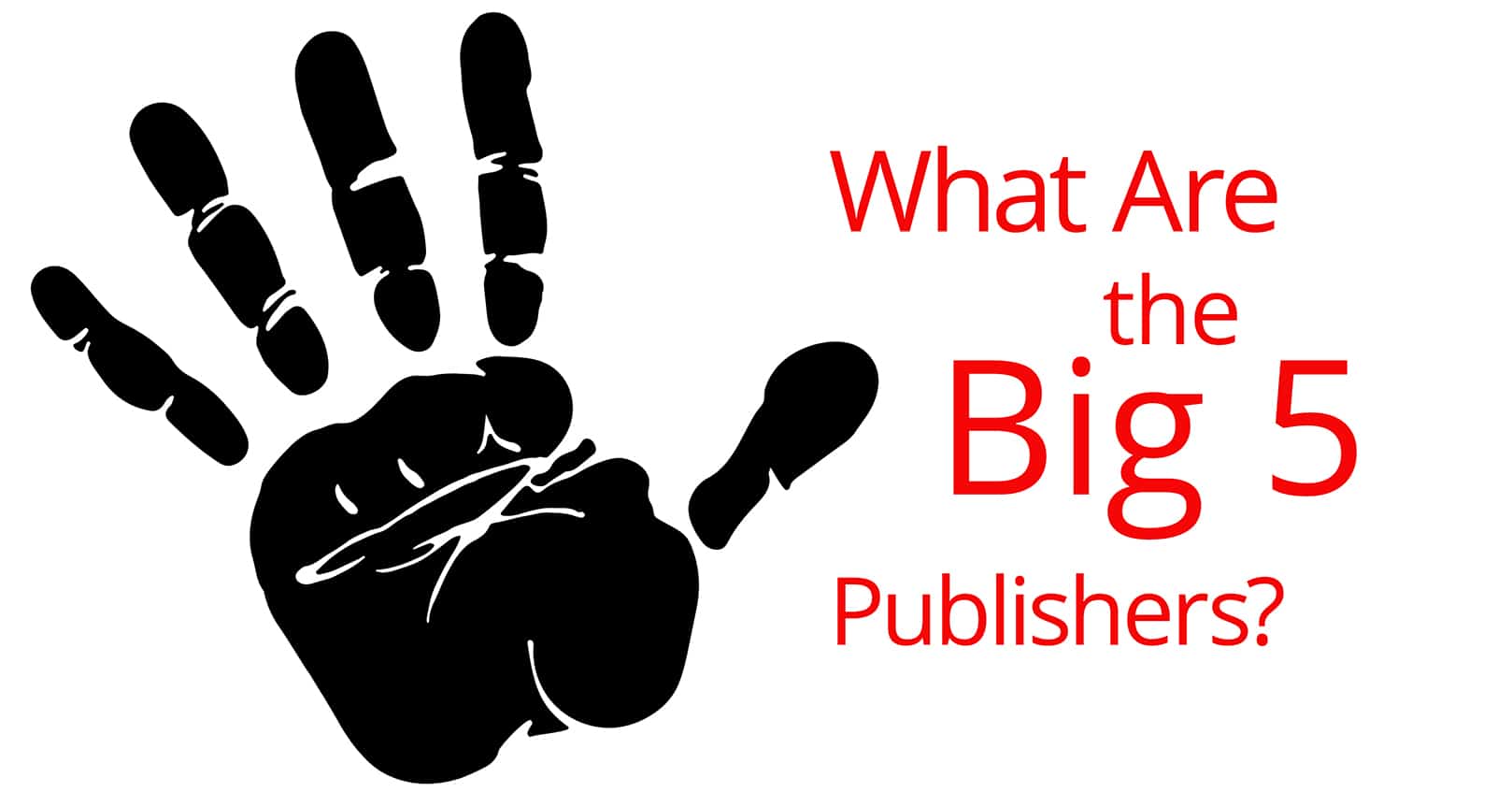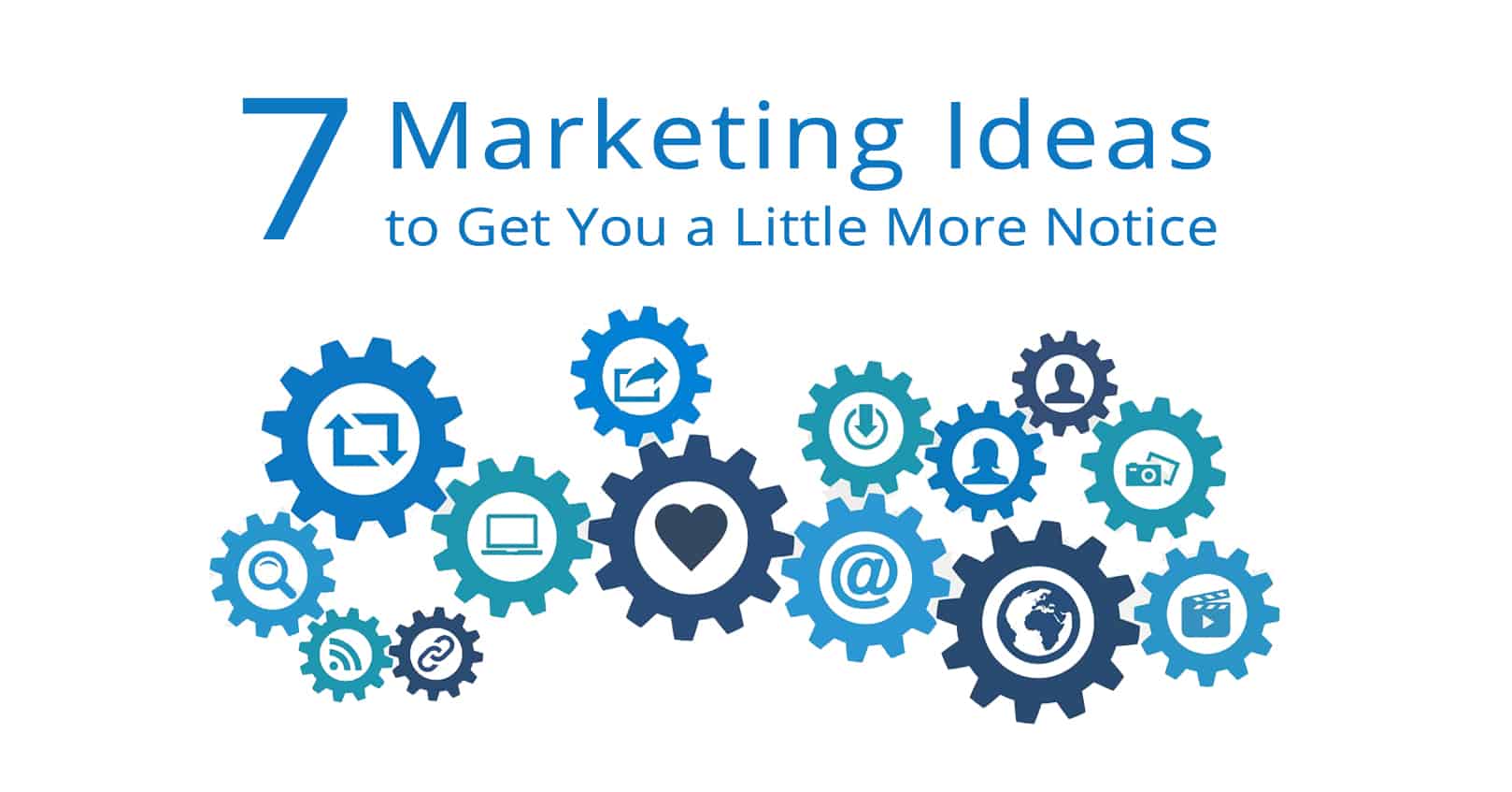
Have you heard the term “Big 5” in the publishing world? This refers to the five major trade book publishers in the world. You can read more about the pros and cons of self-publishing in this post here, but if self-publishing isn’t for you and you’re aiming to be published by one of the Big 5 publishers—or you just want to learn more about them—read on for more information and some manuscript-submission tips.
Penguin Random House
Some of their imprints are Avery, Berkley, Dutton, Penguin Books, Penguin Classics, The Penguin Press, Plume, Sentinel, and Viking Books.
Penguin Random House is owned by the German company Bertelsmann. They have nearly 275 imprints. Bertelsmann reports that Penguin Random House sells more than 600 million print, audio, and e-books annually. They publish over 70,000 digital and 15,000 print books each year.
Penguin does not accept unsolicited manuscripts; however, DAW accepts unsolicited submissions of science fiction and fantasy novels.
Hachette Livre
Some of their imprints are Grand Central Publishing, Little, Brown and Company, Nation Books, Running Press, Avalon Travel, and Da Capo Press.
Hachette Livre, the second-largest trade and educational book publisher in the world, is based in France and owned by Lagardère Group. The US division is called Hachette Book Group. Hachette Livre has over 150 imprints and publishes over 16,000 books each year across all their publishing divisions.
Aside from Yen Press, Hachette Book Group does not accept unsolicited manuscripts. Yen Press publishes on graphic novels and manga.
HarperCollins
Some of their imprints are Avon, Broadside Books, Harper Business, Caedmon, and William Morrow.
HarperCollins is the second-largest consumer book publisher in the world and are owned by News Corporation, which is based in New York. They have over 120 imprints and publish about 10,000 new books each year.
HarperCollins does not accept unsolicited submissions, aside from their Avon Impulse imprint, which is a digital-first publishing imprint for the romance genre.
Macmillan Publishers
Some of their imprints are Farrar, Straus and Giroux, Picador, Celadon Books, Tor Books, and Holt Paperbacks.
Macmillan is part of the Holtzbrinck Publishing Group, which is based in Germany. Macmillian was formed back in 1843 and is privately held. We couldn’t find specific information on number of books printed annually for this Big 5 publisher.
Aside from their Tor Books imprint, which publishes science fiction and fantasy, Macmillan does not accept unsolicited submissions.
Simon & Schuster
Some of their imprints are Simon & Schuster, Scribner, Aladdin, Touchstone, Atria, and Howard Books.
Simon & Schuster is the third largest publisher in the United States. They are an American company owned by ViacomCBS. ViacomCBS entered into an agreement in November 2020 to sell the company to Penguin Random House, although the Justice Department has yet to approve the merger. Simon & Schuster has 35 imprints and publishes around 2,000 titles each year.
Simon & Schuster does not accept unsolicited manuscripts.
Tips to Being Accepted by the Big 5 Publishers
If you want your book to be traditionally published by one of the Big 5, or by any other publisher, follow these tips to increase your odds.
- Establish an author platform.
- Write a great novel.
- Send the novel to beta readers before submitting.
- Carefully self-edit the novel.
- Find a professional, established literary agent.
- Follow any manuscript-submission instructions from the publisher.
- If your book is rejected, try a smaller publisher or try self-publishing. If the book sells well and you still want to publish with a Big 5 publisher, submit a new book; the sales and fan base from the first book will speak for you.
Let us know if you have any questions in the comments below.
















Aspiring writer. New to idea. Best wishes. Australia
Book publishers buy or commission copy from independent authors; newspaper publishers, by contrast, usually hire staff to produce copy, although they may also employ freelance journalists, called stringers. Magazines may employ either strategy or a mixture. Traditional book publishers are selective about what they publish. They do not accept manuscripts direct from authors. Authors must first submit a query letter or proposal, either to a literary agent or direct to the publisher. depending on the publisher’s submission guidelines.